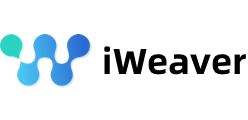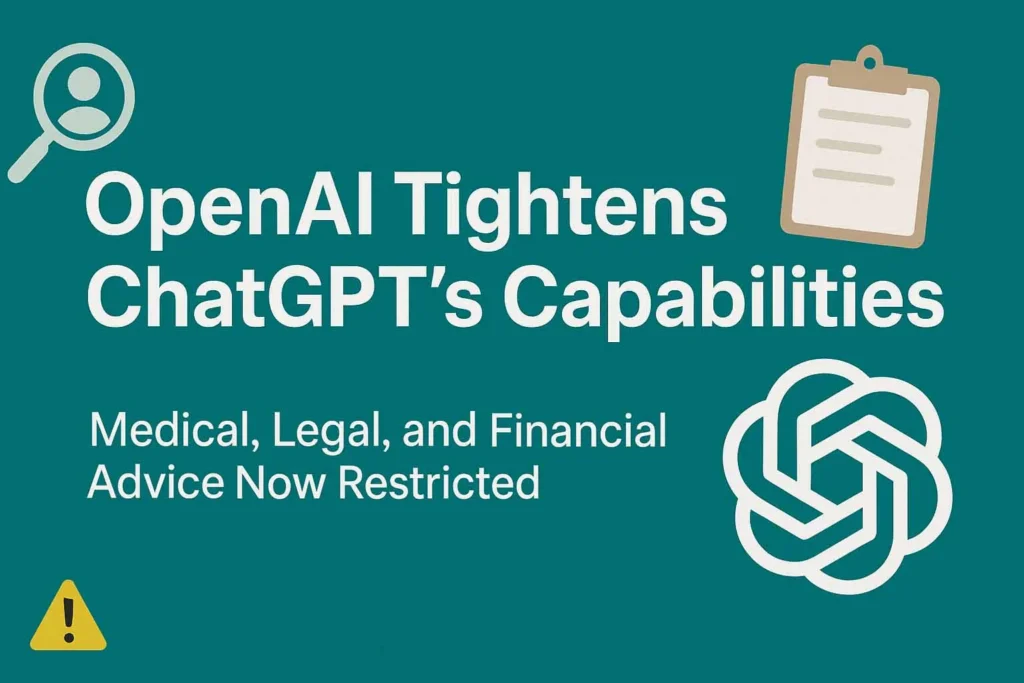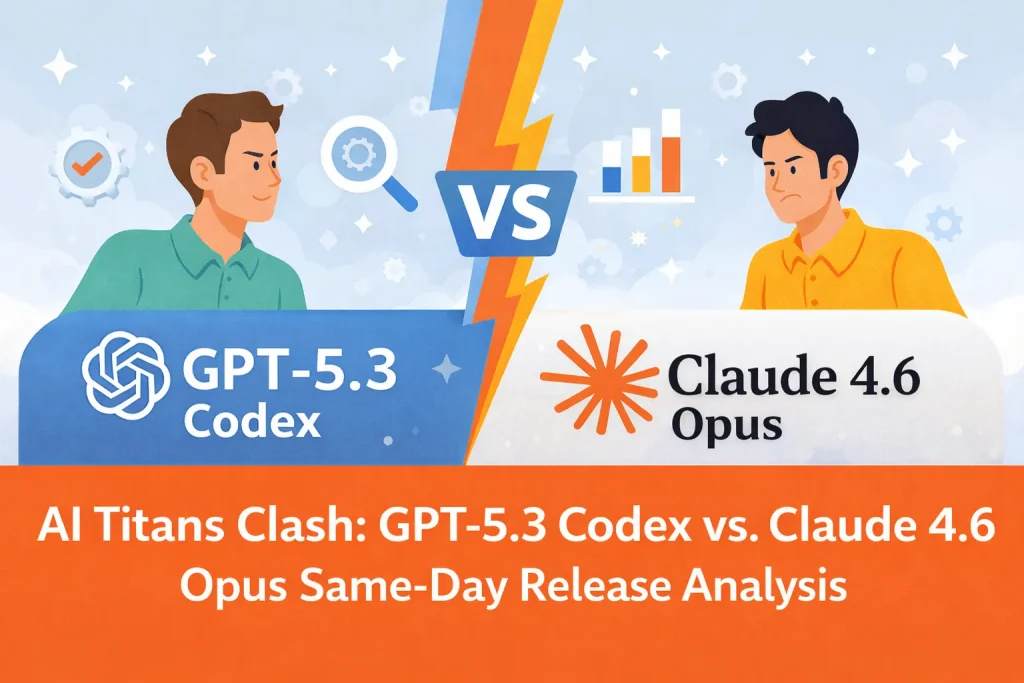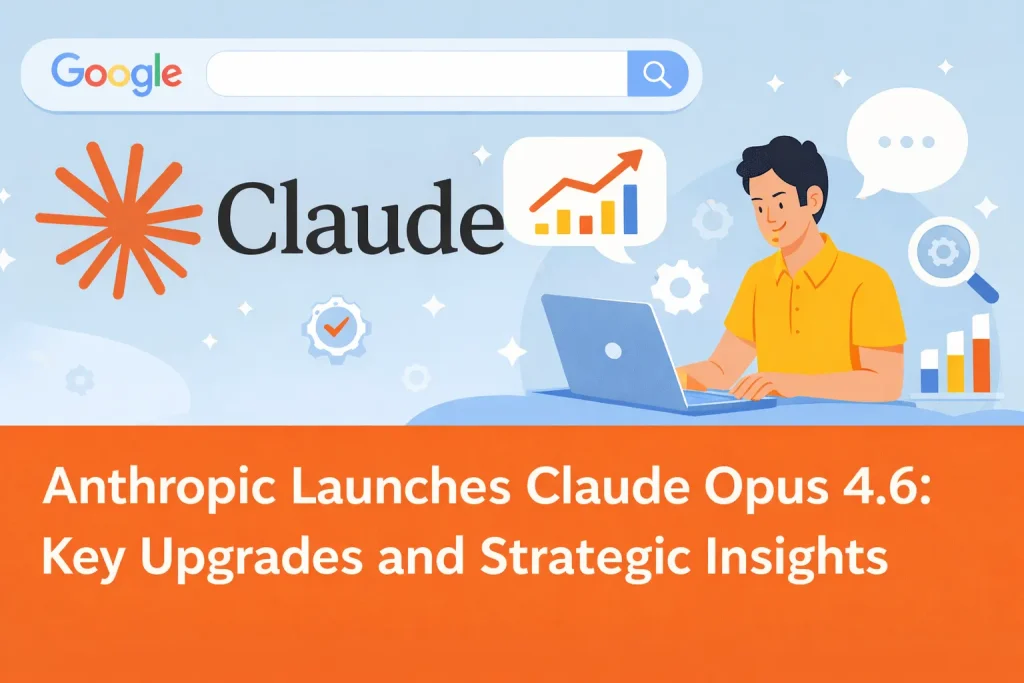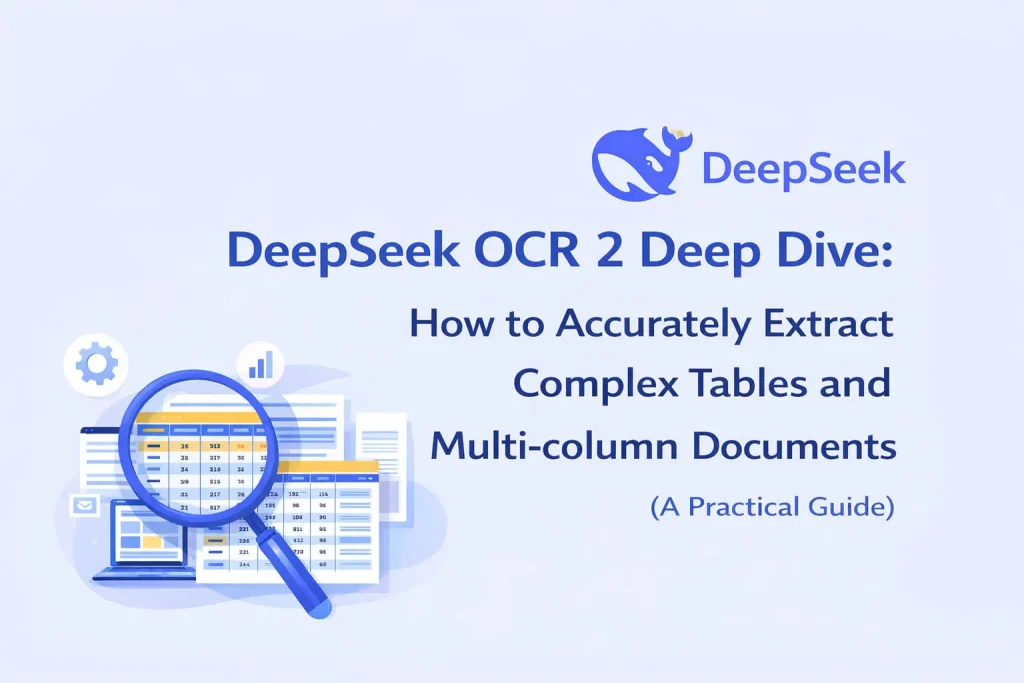Over the past few years, ChatGPT has rapidly become one of the most talked-about AI tools in the world. With its powerful language understanding and text generation abilities, users have relied on it for everything — from writing articles and generating code to seeking answers on medical, legal, and financial matters. Many began to see it as an all-knowing assistant.
However, as ChatGPT’s use cases expanded, so did the risks — misleading answers, unclear responsibility, and misuse have drawn growing concern. Especially in sensitive areas like healthcare and law, taking ChatGPT’s responses as professional advice could lead to serious consequences. Research has already shown that large language models still have a significant error rate when providing medical recommendations.
Recently, OpenAI announced new usage policies, effectively narrowing ChatGPT’s capabilities in high-risk domains. Have you noticed that ChatGPT seems to have become “less smart” lately? Questions about symptoms, contracts, or investments now often return vague, cautious answers — or the familiar line: “Please consult a professional.”
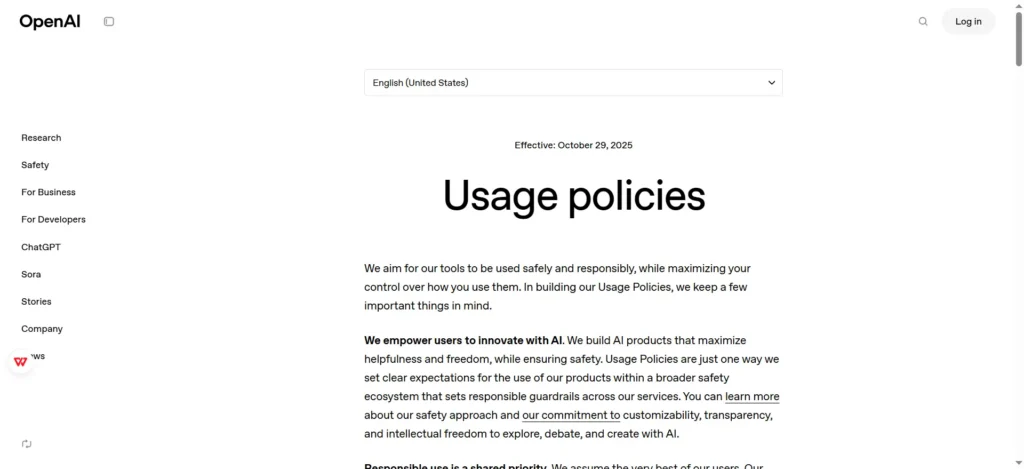
But this doesn’t mean ChatGPT is getting worse. Rather, it’s a strategic move — a deliberate effort by OpenAI to set clear safety limits on ChatGPT’s role in medicine, law, and finance.
This article explores the latest ChatGPT restrictions, the reasons behind these limits, their impact on users and developers, and how to adapt to this shift effectively.
ChatGPT’s New Role: From “All-Knowing Advisor” to Educational Assistant
According to recent reports, OpenAI now defines ChatGPT as an “educational tool,” not a professional consultant.
Key ChatGPT policy updates include:
- No personalized advice in medical, legal, or financial fields. ChatGPT will no longer recommend specific medications, draft legal templates, or suggest investment actions.
- Licensed experts required: Any use cases involving professional practice — such as doctors, lawyers, or certified financial planners — must involve qualified human oversight.
- Updated Terms of Use: These new rules have been formally integrated into OpenAI’s policy language. While the company claims “nothing has changed in practice,” users have clearly noticed stricter limitations.
Across social media, the shift sparked debate — is ChatGPT losing its “magic” as a universal assistant?
Why Did OpenAI Impose ChatGPT Limits?
- Legal Liability and Responsibility
If a user acts on AI-generated medical or legal advice and suffers harm, the question of who is responsible becomes legally complex. Industry analysts believe OpenAI’s new restrictions are partly a protective measure against potential lawsuits — a way to minimize liability before legal frameworks fully evolve.
- Rising Regulatory Pressure
Around the world, AI use in healthcare, finance, and legal services is coming under tighter scrutiny. Future regulations may require that AI systems providing expert advice pass compliance audits and include clear accountability mechanisms. OpenAI’s new guardrails can be seen as a proactive move toward future compliance.
- Maintaining User Trust and Brand Integrity
When ChatGPT makes factual or ethical errors in high-stakes fields, both users and the brand are at risk. By tightening these limits, OpenAI is reinforcing ChatGPT’s identity as a supportive tool, not a replacement for professional expertise — protecting both users and its own credibility.
The Impact of the ChatGPT Ban on Users, Developers, and the AI Industry
For everyday users
- Expect more cautious answers: ChatGPT now provides general explanations and educational insights instead of concrete advice like “how much to take” or “what to file.”
- Shift your mindset: Treat ChatGPT as a learning and brainstorming tool, not a decision-maker.
- Trust boundaries matter: AI can still assist you — but ultimate judgment should rest with humans.
For developers and businesses
- Review whether your products or plugins depend on AI-generated advice.
- Introduce disclaimers and human verification steps in sensitive domains.
- Rethink your product positioning — from AI consultant to AI-powered decision support.
- Explore new opportunities in data analysis, pre-screening, or knowledge extraction, while staying compliant.
For the broader AI ecosystem
- The trend toward “AI as an assistant, not a replacement” is becoming mainstream.
- Expect growth in industry-specific AI models — such as healthcare or legal AIs trained under regulatory approval.
- General-purpose models like ChatGPT will focus more on education, content creation, and conceptual explanation.
How to Adapt to ChatGPT’s New Limits
For users
- Refine how you ask questions: Instead of “What should I do?”, try “Help me understand…” or “Summarize the options…”
- Use AI as reference, not instruction: In medicine, law, or finance, always verify information with a qualified professional.
- Protect your privacy: Avoid sharing sensitive personal or financial data with ChatGPT.
- Keep human review in the loop: Treat AI responses as drafts or inspiration, not final answers.
For developers and companies
- Audit your products for advisory functions and add proper compliance workflows.
- Make it explicit in your UI that AI outputs are educational, not professional advice.
- Track emerging AI regulations, especially in high-stakes sectors.
- Shift from “AI replacing experts” to “AI empowering experts.”
A Necessary Transition: From Dependence to Empowerment
As AI becomes more integrated into daily life, many people have unconsciously started treating ChatGPT as an all-knowing oracle rather than a decision-support tool. This dependence risks replacing critical thinking with blind trust.
In truth, ChatGPT is — and always has been — a language model, not a real-time expert. These new ChatGPT limits are not a downgrade but a strategic redesign: turning AI from a “know-it-all advisor” into a safer, more reliable assistant that empowers human reasoning instead of replacing it.
Every technological leap brings a brief adjustment period — a necessary “growing pain.” AI’s purpose has never been to replace people, but to reduce learning time, enhance creativity, and boost productivity.
That’s exactly the philosophy behind iWeaver: to make AI your smartest productivity partner, saving time for what truly matters — human judgment, creativity, and insight.
